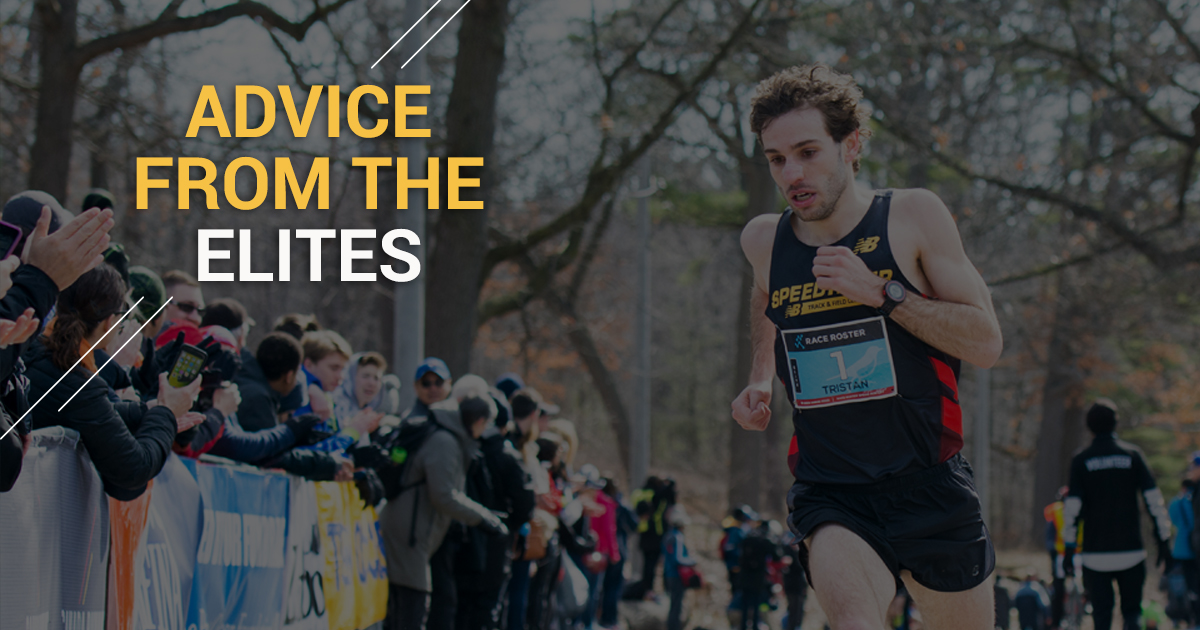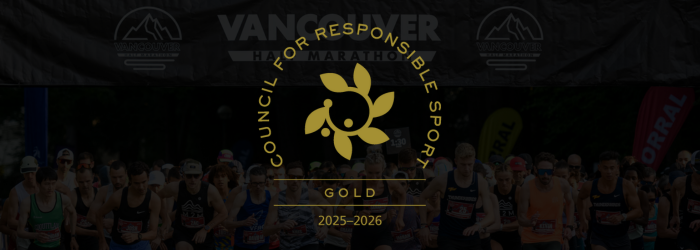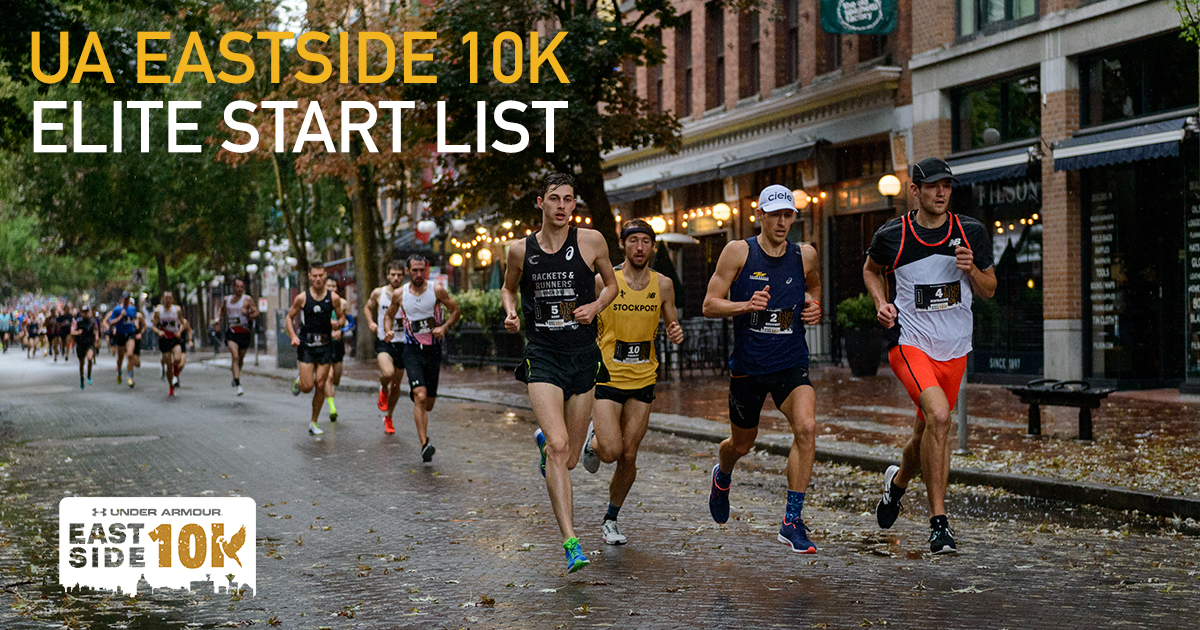
Tristan Woodfine, defending RRSRO champion:
“I’d say to make sure to save something for that last kilometre with that hill. If you come into that too tired it’s a brutal hill. Save a little bit for that.”
Rachel Hannah, 2015 Pan Am Games marathon bronze medalist
“Obviously you don’t want to go out too hard. One thing in the back of my mind, I left something for the end (when winning the 2016 RRSRO). This one I saved a little bit extra for the end. If it comes down to you and another person on that hill you want to have as much energy as possible.
“If you have a couple of weeks of training it’s good to incorporate some hills. You can do some hills running at the end of a workout just to simulate that feeling of burning in your legs.”
Trevor Hofbauer, 2017 Canadian Marathon Champion
“My advice would be to enjoy the moment as much as possible, regardless of race time, and save some energy for the final hill. Being the first Canada Running Series event of the year and, for many, their first race of the year, it’s best to run the race with a focus on enjoying the experience over any sort of
performance goal.
“For tackling that final 365m hill, I’d advise incorporating hills into easy runs or workouts over the next few next weeks to build strength. It’s as simple as finding a 100-200m hill and running up three or four times at a race effort towards the end of your run.”
Alex Hutchinson, author of ‘Endurance: Mind, Body, and the Curiously Elastic Limits of Human Performance’:
“My usual advice for tackling hills in a race is to take it easier than you think you should, with the goal of maintaining your effort rather than your pace. For the ‘Kill the Hill Challenge’ my advice is different. Because it’s right at the end of the race my advice is simple: sprint! It’ll hurt, but that’s okay because
you’re almost done!”
Leslie Sexton, 2017 Canadian Marathon Champion and defending CRS champion:
“Don’t get sucked into going too fast too early. You can’t worry too much about the hill. It’s at the end of the race anyway so you are going to give it whatever you have left. So being smart early on can really help.”
Sasha Gollish, Canadian national team member
“The first race of the season shouldn’t be your best race, nobody wants to peak early! It’s where you get to test out the training you’ve put in over the winter, feel the roads again under your feet, compete with a whole bunch of people around you again.The hill hurts everyone, elite, newbie, veteran alike.
No matter how fast you get to the hill or up the hill, it still stings.”







